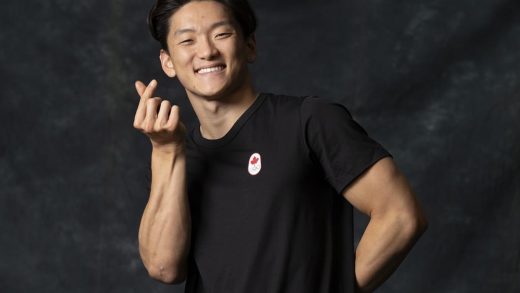
MADISON, Wis. (AP) — An attorney for former President Donald Trump who worked to overturn his loss in battleground Wisconsin has been reappointed by the state Supreme Court’s four conservative justices to a second term on a committee that advises judges on judicial conduct.
Jim Troupis’ reappointment to the panel was approved Thursday on a 4-3 vote by the Wisconsin Supreme Court, with all three liberal justices dissenting, the Wisconsin State Journal reported.
Troupis’ first term on the Judicial Conduct Advisory Committee was slated to expire Tuesday. With the court’s reappointment, he will remain on the committee through March 7, 2026. Members of the nine-member advisory committee are limited to two successive three-year terms.
His reappointment comes about a month before an April 4 election that will determine majority control of the court for at least the next two years. One of the four conservative justices who voted to reappoint Troupis is retiring.
Troupis is a former Dane County Circuit Court judge who represented Trump in 2020 when he tried to overturn President Joe Biden’s win in Wisconsin. Troupis also advised Republicans on their plan to have fake electors cast their ballots for Trump in Wisconsin, even though he had lost.
Troupis is the defendant in a lawsuit brought by Democrats seeking $2.4 million in damages from the fake electors and attorneys who advised them. Also on Thursday, liberal attorneys filed an ethics complaint against Michael Gableman, the former Wisconsin Supreme Court justice hired by Republicans to review the 2020 election. The complaint filed with the Office of Lawyer Regulation alleges that Gableman “has embraced conspiracy theories, spread lies, rejected facts, impugned the character of people he perceives to be his adversaries, and abused the legal process.”
Assembly Speaker Robin Vos said in 2021 when he hired Gableman that he was “supremely confident” in his abilities. But when he fired him in August 2022, Vos called him an “embarrassment.”
The complaint will be reviewed behind closed doors and if any discipline is recommended, it will ultimately be up to the Wisconsin Supreme Court to decide on whether to impose any penalties.


